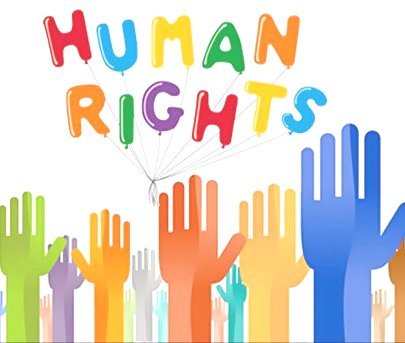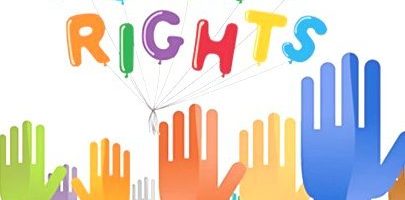Human rights are the rights we have simply because we are humans. They apply to everyone, everywhere. They are not related to nationality, sex, skin color, religious beliefs or status. They are based and classified on values such as: dignity, freedom, equality and solidarity. Universal, indivisible and interdependent these are the words that the European Union uses to define this category of rights.

They are granted, at a national level, by each country’s constitution and, at a European level, by the Charter of Fundamental Rights: proclaimed by the European Council of Nice on December 2000 and legally binding with the entry into force of the Lisbon Treaty on the 1st of December 2009.
So, if these rights are included in the domestic law of each member state of the union, why do we have a European Charter of Human rights?
We can summarize the answer to this question in two main concepts.
First, the Charter covers a role as a model and an example of constitutional European intergovernance: this means that it’s a tool to reach closer, tighter harmonization between the member states of the union. It was developed with the idea and the aim of “infusing EU a soul” and, furthermore, the recognition of human rights is a prerequisite and, nonetheless, one of the Copenhagen criteria that must be met by a state willing to enter the Union.
Second, the Charter comprehends the so called principles of the further generations that were not included in the constitutions of all member states when they entered into force.
As the article 6 of the Treaty on European Union states “The Union recognizes the rights, freedoms and principles enshrined in the Charter of Fundamental Rights of the European Union […], which has the same legal value as the Treaties” these rights play a central role amongst the different European bodies, that must incorporate them in their activities, but they are also a fundamental element when it comes to the relations between EU and other countries or international organizations since all the agreements signed by the union must be in line with what is define by the Chart.
Moreover, the promotion and the protection of human rights are themselves a priority for EU.
There is just one little problem: if we all have the right to education, why is the number of illiterate adults and children still so high?
If people have freedom of expression, why are thousands in prison for speaking their minds?
Any discrimination based on any ground shall be prohibited but we still hear the words ‘us’ and ‘them’ pronounced, by renowned and outstanding individuals such as politicians, with contempt to identify individuals on the basis of physical characteristics.
Perceiving someone as a foreigner: is this equality?
What about the right to asylum, the freedom of movement and residence? How can Europe fight a challenge like the refugee crisis if there are countries denying the entrance of asylum seekers and refugees to other religions, border closures and heightened border controls?
What level the number of victims we can count in the Mediterranean sea cemetery has to reach to gain the attention of all the governments and push them towards cooperation to find a collective solution?
And, if human rights are really one of the main pillars Europe is based on, then why is art 7 been invoked against Hungary? The European Parliament has, in fact, initiate the procedures to establish if the member state seriously breached the values of the Union under the regime of Victor Orbán.
Denounce and sanction the member states that violate the values and the obligations settled in the treaties is the first step but also cooperation, concrete commitment and a new strategy are now needed to face this tragical situation.
By Francesca Pugliese
Visits: 316

